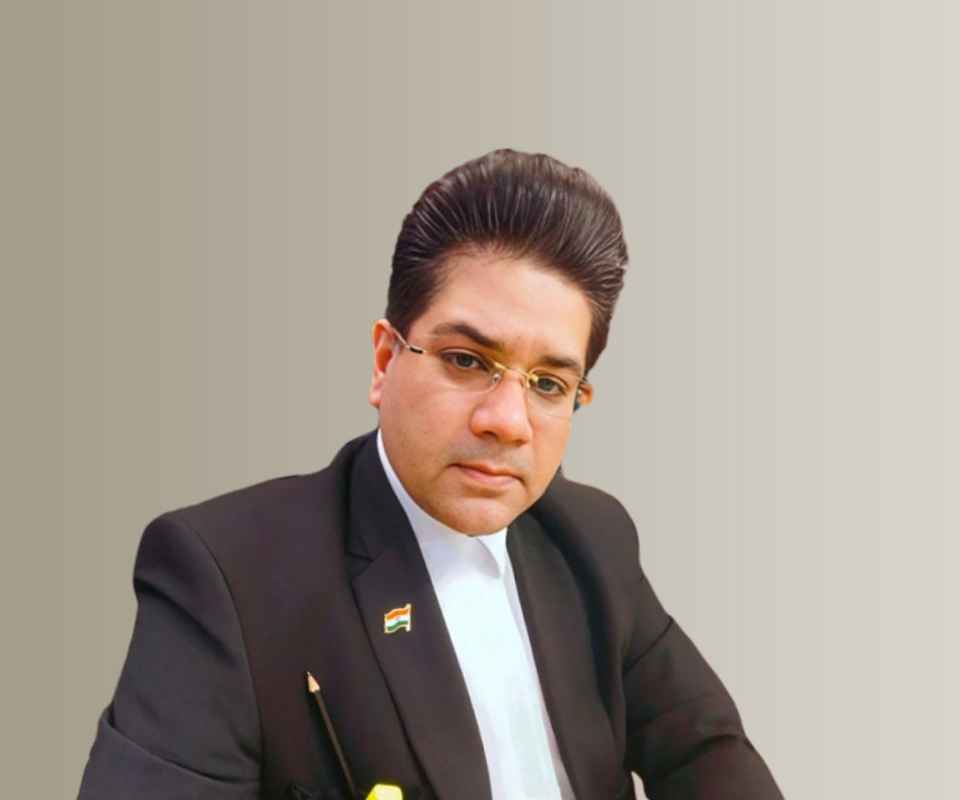Answer By law4u team
Under Sunni Muslim law, inheritance is governed by the principles outlined in the Shari'ah, which is the Islamic law. The inheritance rules are designed to ensure the fair distribution of a deceased person's estate among their heirs. The primary source for Sunni Muslim inheritance law is the Quran, along with Hadith (sayings and actions of Prophet Muhammad) and scholarly interpretations. Here are the key rules of inheritance under Sunni Muslim law: 1. Distribution Based on Fixed Shares: The inheritance is distributed according to fixed shares, as prescribed in the Quran (Surah An-Nisa, verses 7-12, 176). These shares are typically divided among the following categories of heirs: Parents: Each parent (father and mother) receives a fixed share of the deceased's estate. If the deceased has children, the mother receives 1/6th of the estate, and the father gets the remaining portion. Children: Sons and daughters inherit from their parents, with sons generally receiving twice the share of daughters. For example, if a deceased person has one son and one daughter, the son will receive two-thirds of the estate, while the daughter receives one-third. Spouse: The surviving spouse also has a fixed share. A wife inherits 1/8th of the estate if there are children, and 1/4th if there are no children. A husband inherits 1/4th of the estate if there are children, and 1/2 if there are no children. 2. Order of Inheritance: The inheritance is distributed in a specific order, with primary heirs taking precedence. The typical order is as follows: Primary Heirs: Children, parents, and spouse. Secondary Heirs: Siblings (brothers and sisters) if there are no children or parents, and grandparents if the parents are deceased. 3. Exclusion of Heirs: Certain individuals are excluded from inheritance under Sunni Muslim law, including: Illegitimate children (those born out of wedlock). Murderers: A person who intentionally kills the deceased is excluded from inheritance. Non-Muslims: Non-Muslim heirs are not entitled to inherit from a Muslim. 4. Shares of Heirs: The shares are defined by the Quran and may include the following: Father: Inherits a fixed share (typically 1/6th or more), depending on the presence of other heirs. Mother: Inherits 1/6th if there are children, and 1/3rd if there are no children. Sons: Sons generally receive twice the share of daughters. The male heirs receive more than females due to their responsibility to financially support the family. Daughters: A daughter generally receives half of what a son would receive in similar circumstances. Wife: Inherits 1/8th if there are children, and 1/4th if there are no children. Husband: Inherits 1/4th if there are children, and 1/2 if there are no children. 5. The Role of the Will (Wasiyyah): A Muslim is allowed to make a will (wasiyyah) for up to 1/3rd of their estate. The distribution of the remaining two-thirds is governed by the fixed shares under Islamic inheritance law. The bequest in the will should not violate the rights of the fixed heirs (e.g., children, spouse). 6. Right of Inheritance for Grandparents: If the parents of the deceased are not alive, the deceased’s paternal and maternal grandparents may inherit. The paternal grandfather takes precedence over the maternal grandfather. 7. Role of Other Relatives: In the absence of primary heirs (such as children, parents, and spouse), secondary heirs such as siblings, aunts, uncles, nephews, nieces, and cousins may inherit, but the distribution will depend on the circumstances and presence of closer relatives. 8. Gender-Based Inheritance: Sunni Muslim law generally follows the principle that male heirs receive a greater share than female heirs. This is due to the expectation that males have financial responsibilities towards their families, while females are supported by male relatives (husband, father, brother, etc.). 9. Rights of a Wife: The wife’s inheritance rights depend on the presence or absence of children: With children: She inherits 1/8th of the estate. Without children: She inherits 1/4th of the estate. 10. Rights of a Husband: The husband's inheritance rights also depend on the presence or absence of children: With children: He inherits 1/4th of the estate. Without children: He inherits 1/2 of the estate. 11. Devolution of Estate: If a person dies intestate (without a will), their estate is divided according to the prescribed shares. If a person dies testate (with a will), the will can only dispose of 1/3rd of the estate, and the remaining 2/3rd is divided according to Islamic inheritance law. Conclusion: Inheritance under Sunni Muslim law is highly structured, with specific shares allotted to various heirs. These rules ensure that the estate is divided fairly and in accordance with Islamic principles. However, the complexity of the system may require careful consideration of each case, especially when multiple heirs are involved.









